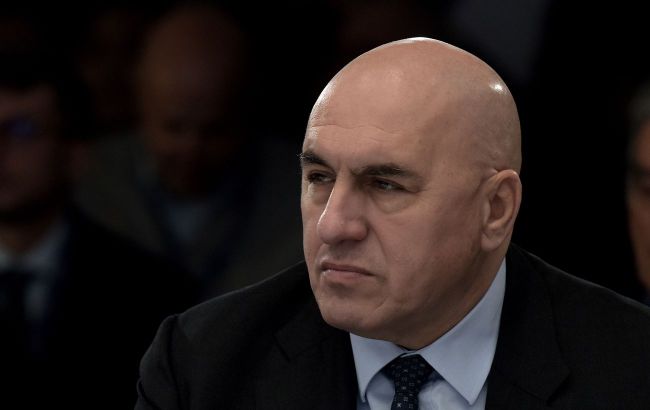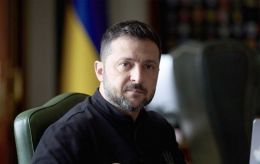Italian Defense Minister: NATO troop deployment in Ukraine risks diplomacy
 Photo: Italian Defense Minister Guido Crozetto (Getty Images)
Photo: Italian Defense Minister Guido Crozetto (Getty Images)
Italy opposes the idea of deploying Western troops in Ukraine. They believe that such a step "will erase the path to diplomacy," according to Italian Defense Minister Guido Crosetto.
"France and Poland can speak for themselves, not for NATO, which has formally and voluntarily remained out of the war in Ukraine from the beginning. Deploying troops to Kyiv means taking a step towards unilateral escalation, which will erase the path to diplomacy. There is no point in making such an argument now after two years of war," the minister said.
The Defense Minister also stated that Russia's transformation into a military economy makes it more equipped and flexible than NATO in military production.
According to Crosetto, Ukraine is right that Western arms supplies are slow.
"The West has found that it has much smaller production capacities than Russia, and it needs time to change the trend. As for ammunition, we have reached a level of production in a year that can help Ukraine, but it is still lower than Russia's," he believes.
The Italian minister stated that the West should provide Ukraine with all possible support but should not exclude other possible ways to resolve the conflict by "activating diplomatic channels with greater strength and perseverance."
Italy's stance on the war
Since the start of the full-scale invasion, Italy has provided Ukraine with seven packages of military assistance. Rome also provides our country with financial and humanitarian aid and supports EU sanctions.
At the same time, Italy's Defense Minister Guido Crosetto made several statements about the supposed possibility of peaceful negotiations between Ukraine and Russia. For example, at the end of December 2023, he claimed that it was time to find a "political solution" to the war.
Macron's idea of sending troops
French President Emmanuel Macron did not rule out that NATO could deploy troops to help Ukraine. The main problem, he said, is that there is currently no consensus on this issue.
Several NATO countries have opposed this idea, including Germany, the Czech Republic, Bulgaria, Poland, Spain, and Italy.
However, there are countries willing to consider such a possibility, such as Lithuania, Latvia, and Estonia.

